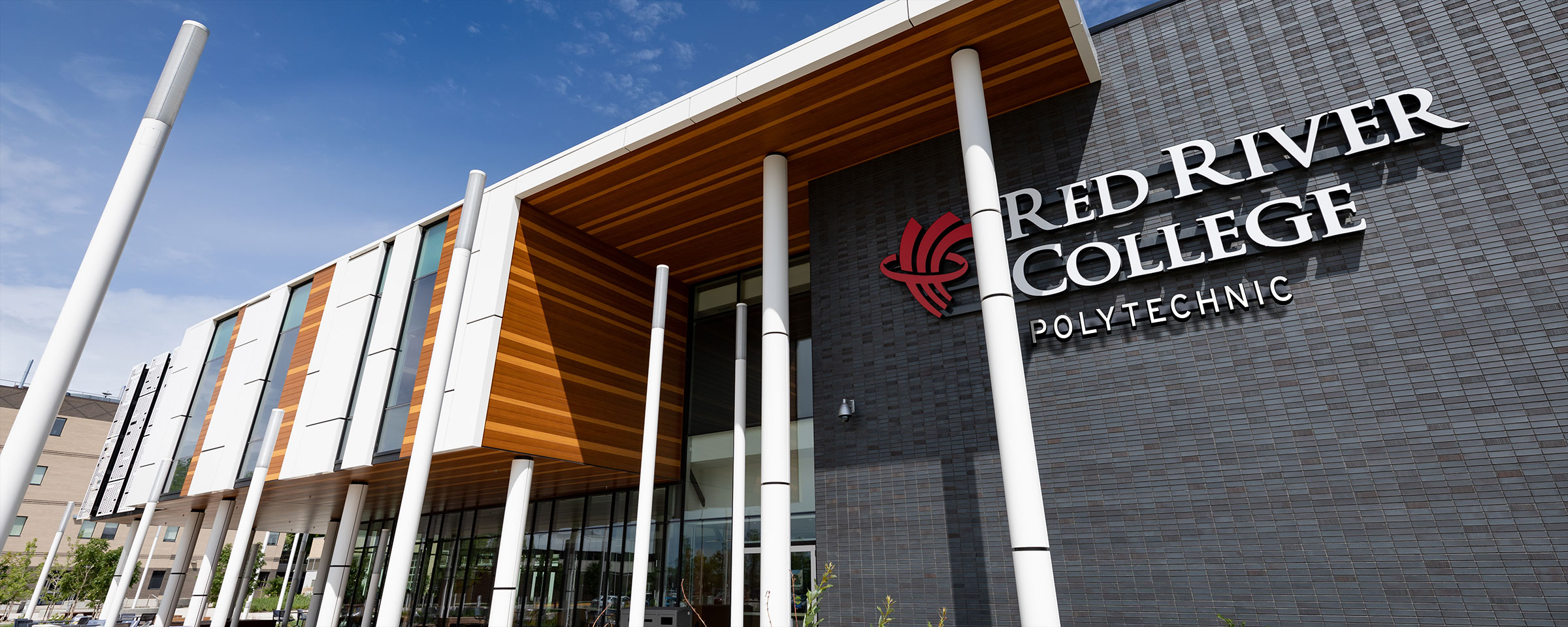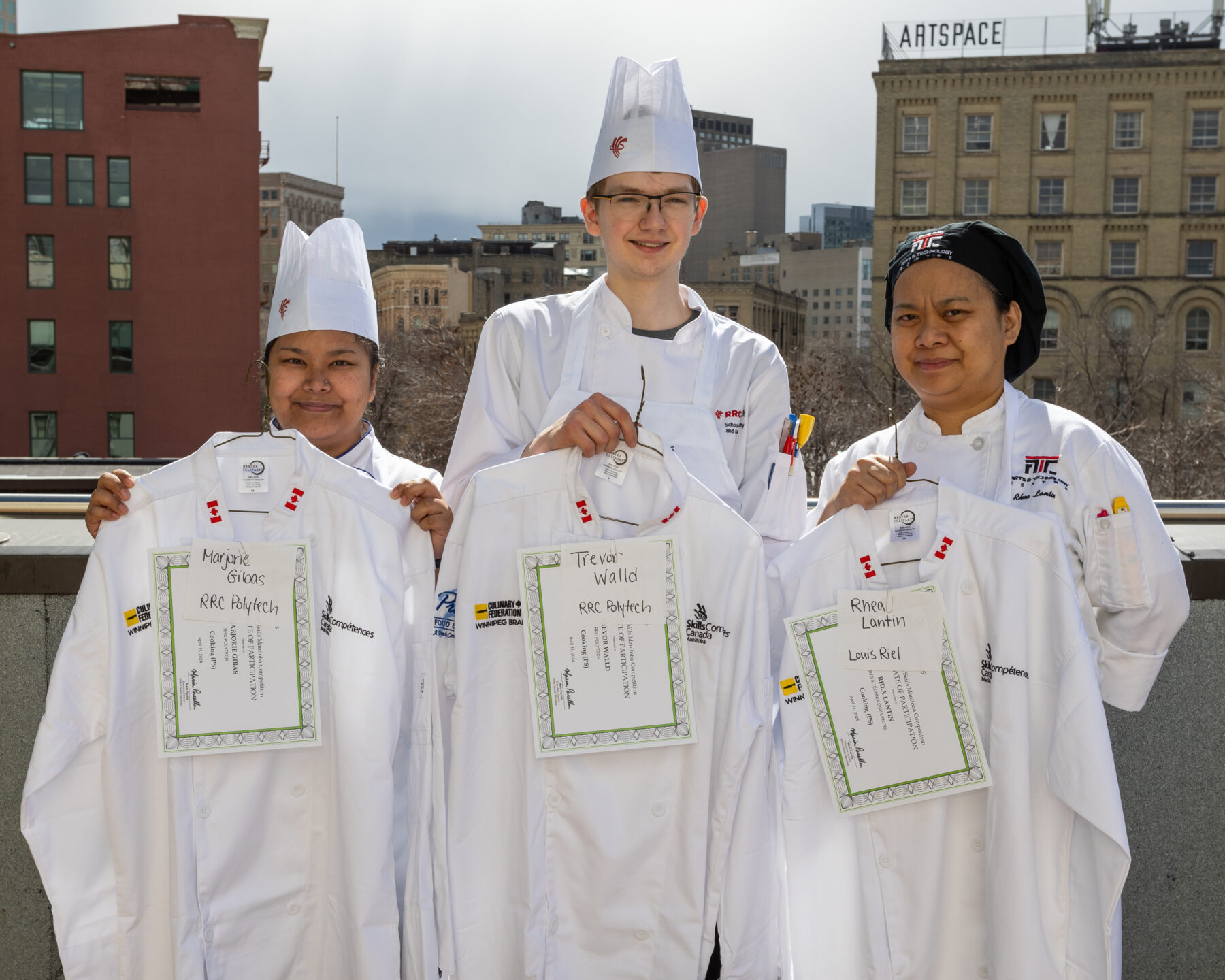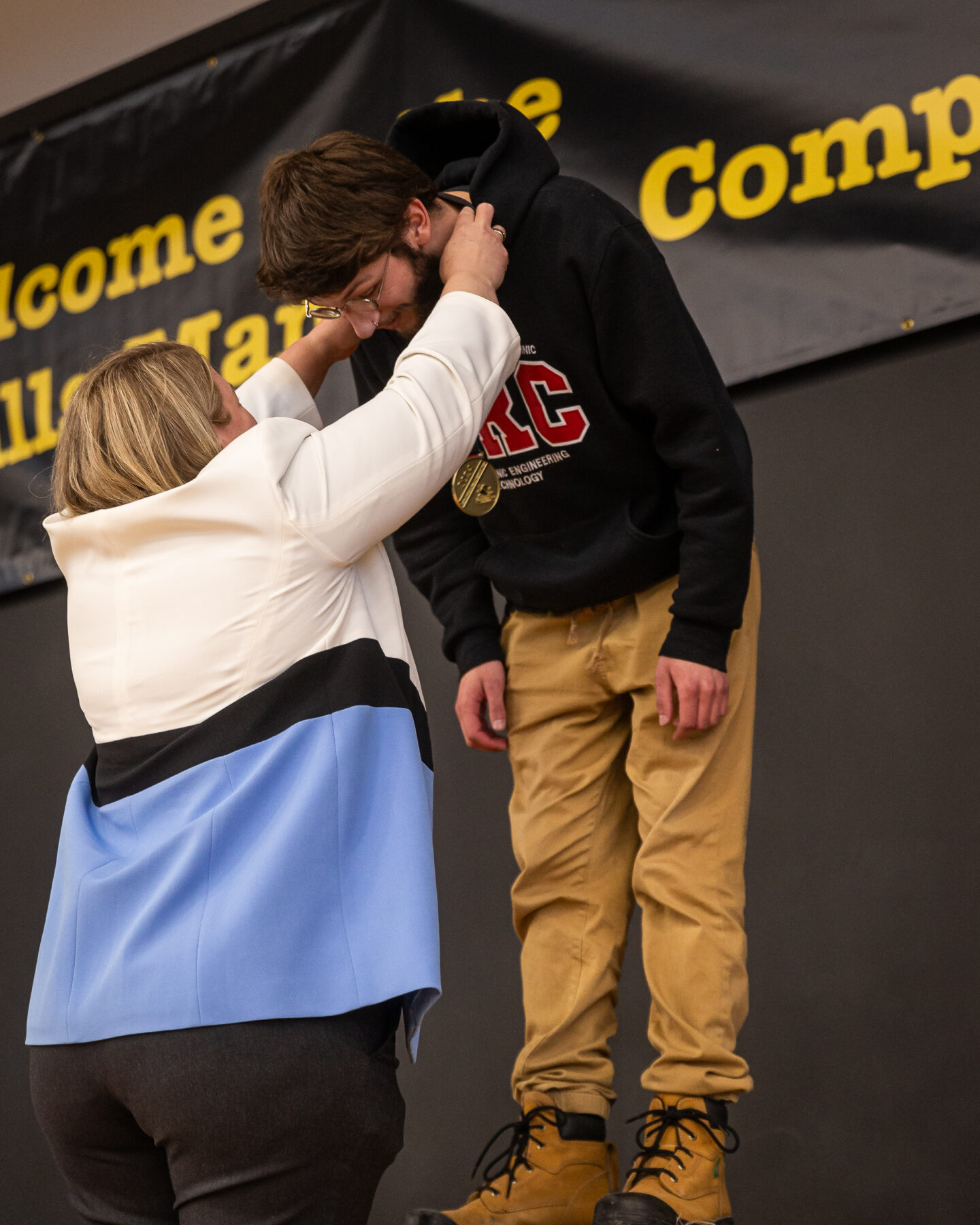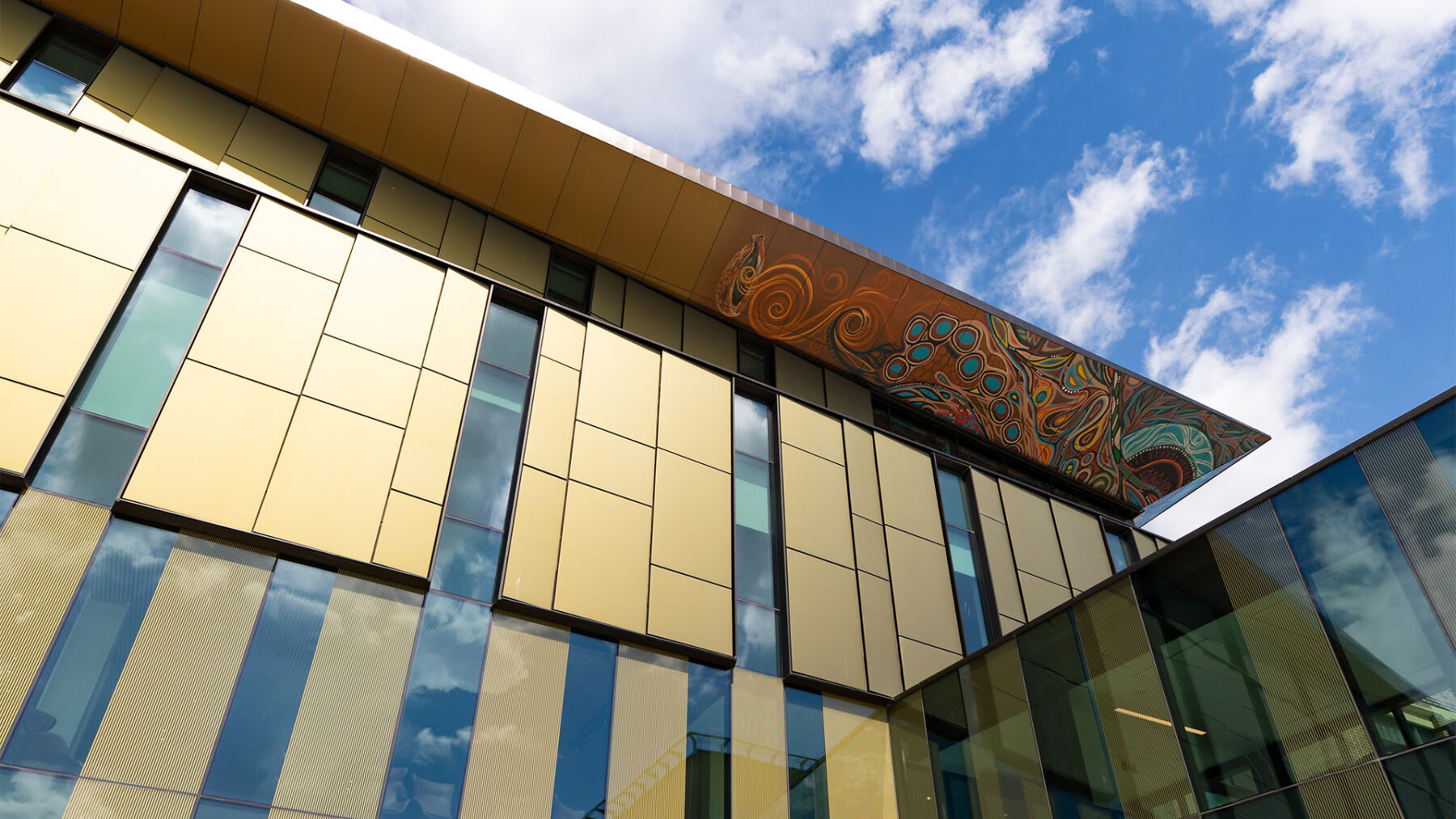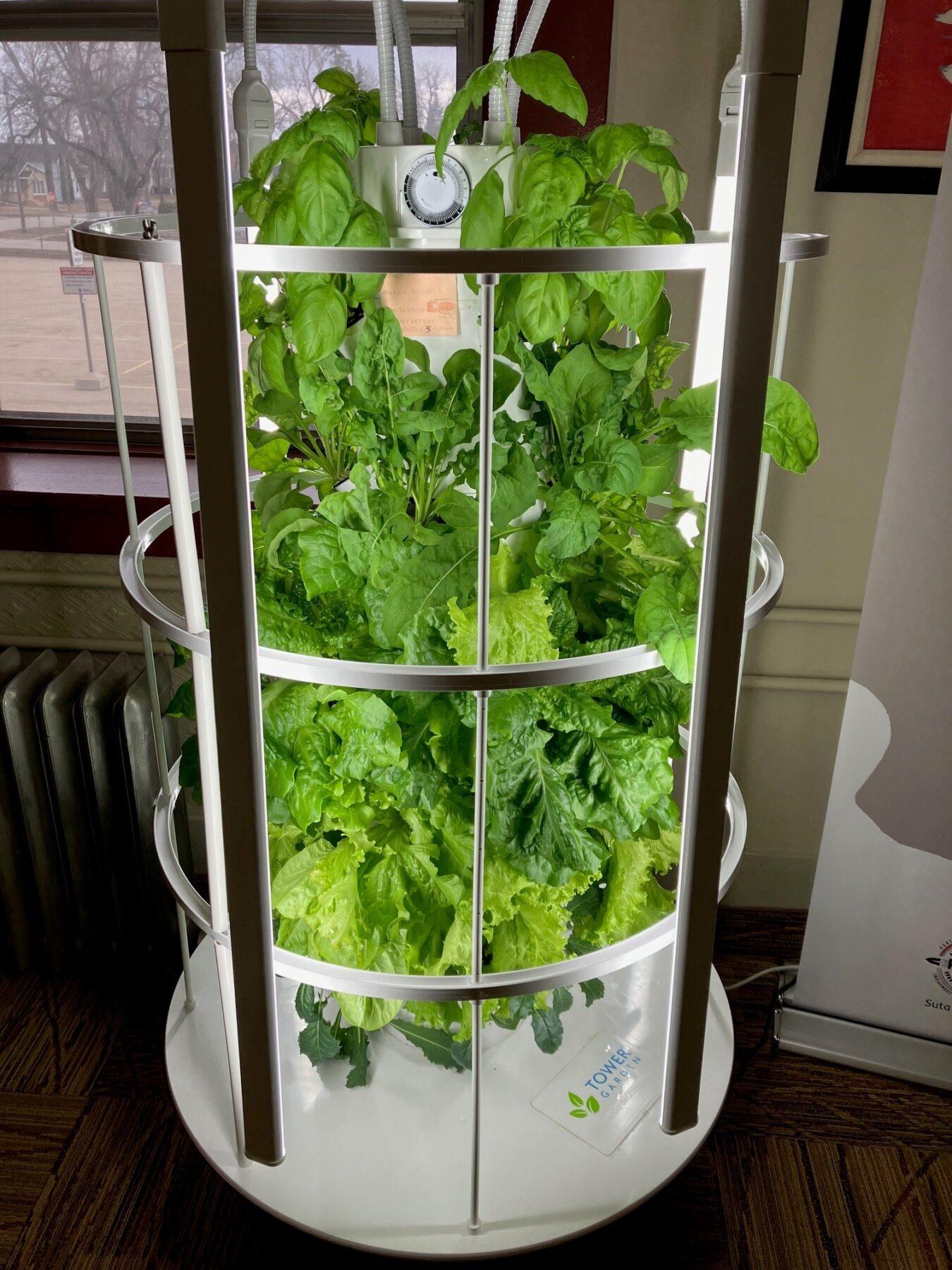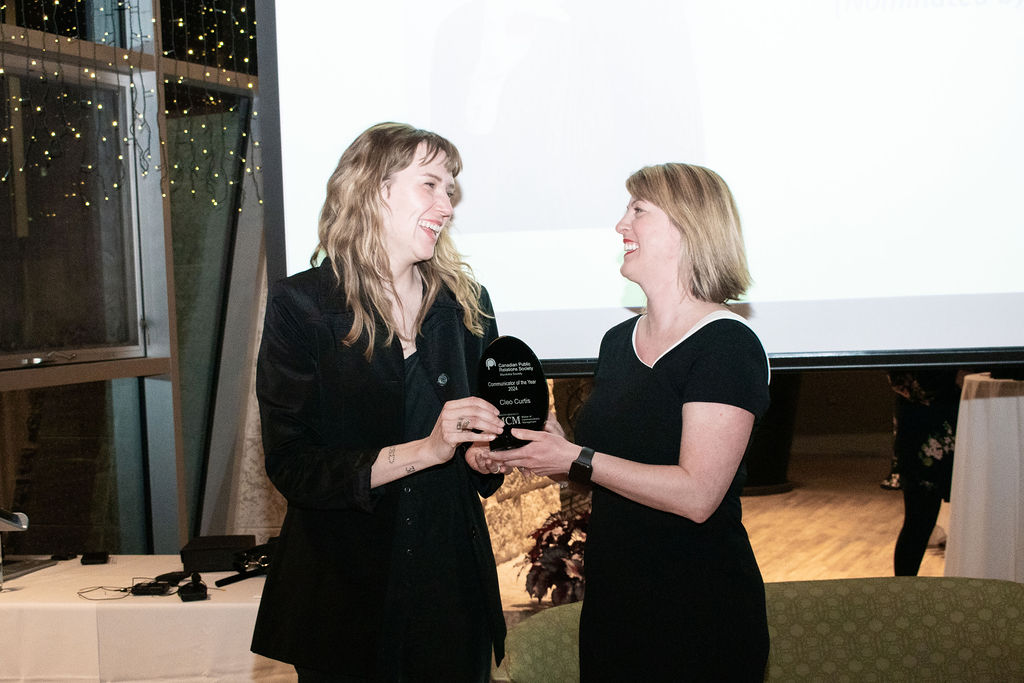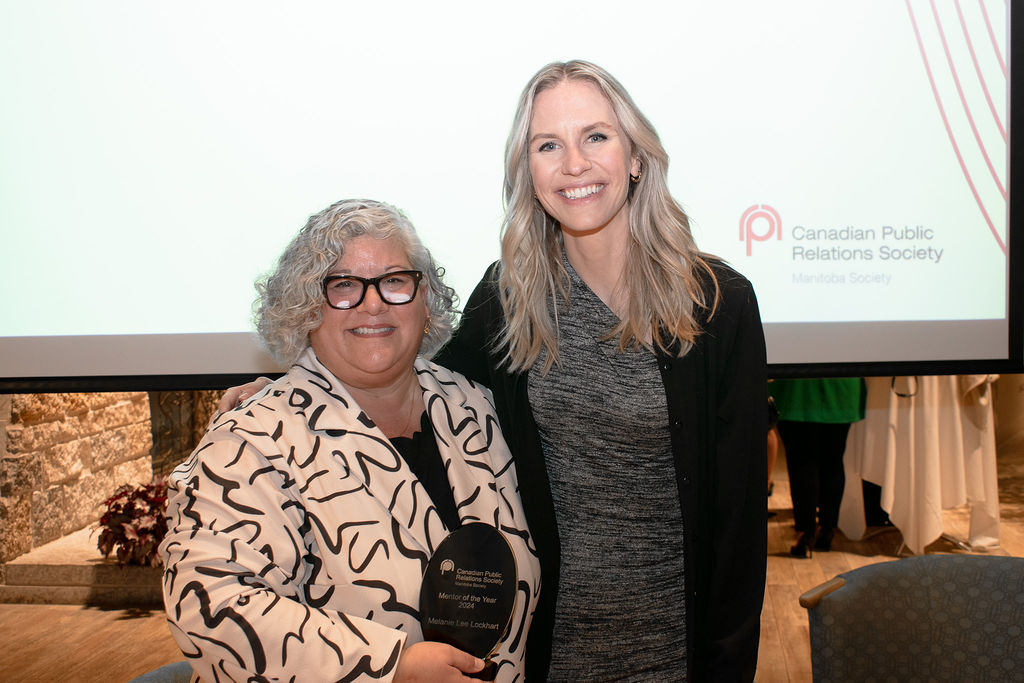Manitoba Egg Farmers and RRC Polytech serve up free egg sandwiches in Old Market Square
Manitoba Egg Farmers (MEF) will be promoting the benefits of eggs and egg products and celebrating their partnership with RRC Polytech on Tuesday, May 21, by giving away 1000 free egg sandwiches and coffee in Old Market Square.
Culinary Arts students will once again be demonstrating their talents and gaining valuable experience by preparing the sandwiches fresh onsite at the Paterson Globalfoods Institute (PGI) on the Exchange District Campus.
“Eggs are versatile, nutritious and an essential ingredient for most chefs on a daily basis, so it’s critical that these industry leaders of tomorrow learn how to cook eggs well and truly understand the benefits of eggs and egg products,” said Lylah Erkau, Chair of Baking and Culinary Arts at RRC Polytech. “Our partnership with Manitoba Egg Farmers provides students with added expertise in the classroom as they learn the fundamental role farmers play in feeding our community and growing our economy. This event brings us all together to share that important message with the public and allow the students to hone their skills.”
Chef Terry Gereta, an instructor from RRC Polytech’s Culinary Arts program has sourced local ingredients for these delicious egg sandwiches, including Bothwell Cheese, a fan favourite! He will oversee the kitchen as students get their first taste of a fast-paced breakfast service.
“Cooking one thousand egg sandwiches, in just a few hours, is an amazing experiential learning opportunity for students in our short-order class who must work as a team to plan, prepare and deliver a massive amount of food under the very real pressure of a tight timeline,” said Chef Gereta. “In addition to improving the skills and knowledge required to work in a commercial kitchen, they are also building confidence that will serve them well throughout the rest of their studies and their careers.”
Meet local egg farmers, ask them how eggs are produced and learn about the journey from their farms to your fridge at home. Attendees can take home MEF-branded swag, including whisks, fried egg pins and cookbooks.
“We’re egg farmers and we love what we do – this annual egg sandwich giveaway is a part of loving what we do,” said MEF Chair Catherine Kroeker-Klassen. “Every day, Manitoba’s 150 egg farmers care for the hens that help feed our province. It’s a pleasure to share what we do on-farm to get those marvelous eggs from our barn to your table. Giving away a delicious, protein-packed egg sandwich is part of sharing our love and life with fellow Manitobans.”
Start your day with a hot coffee and delicious egg sandwich while supplies last!
- Tuesday, May 21, 2024
- 7:30 a.m. – 10:30 a.m.
- Old Market Square at the corner of King St. and Bannatyne Ave.
